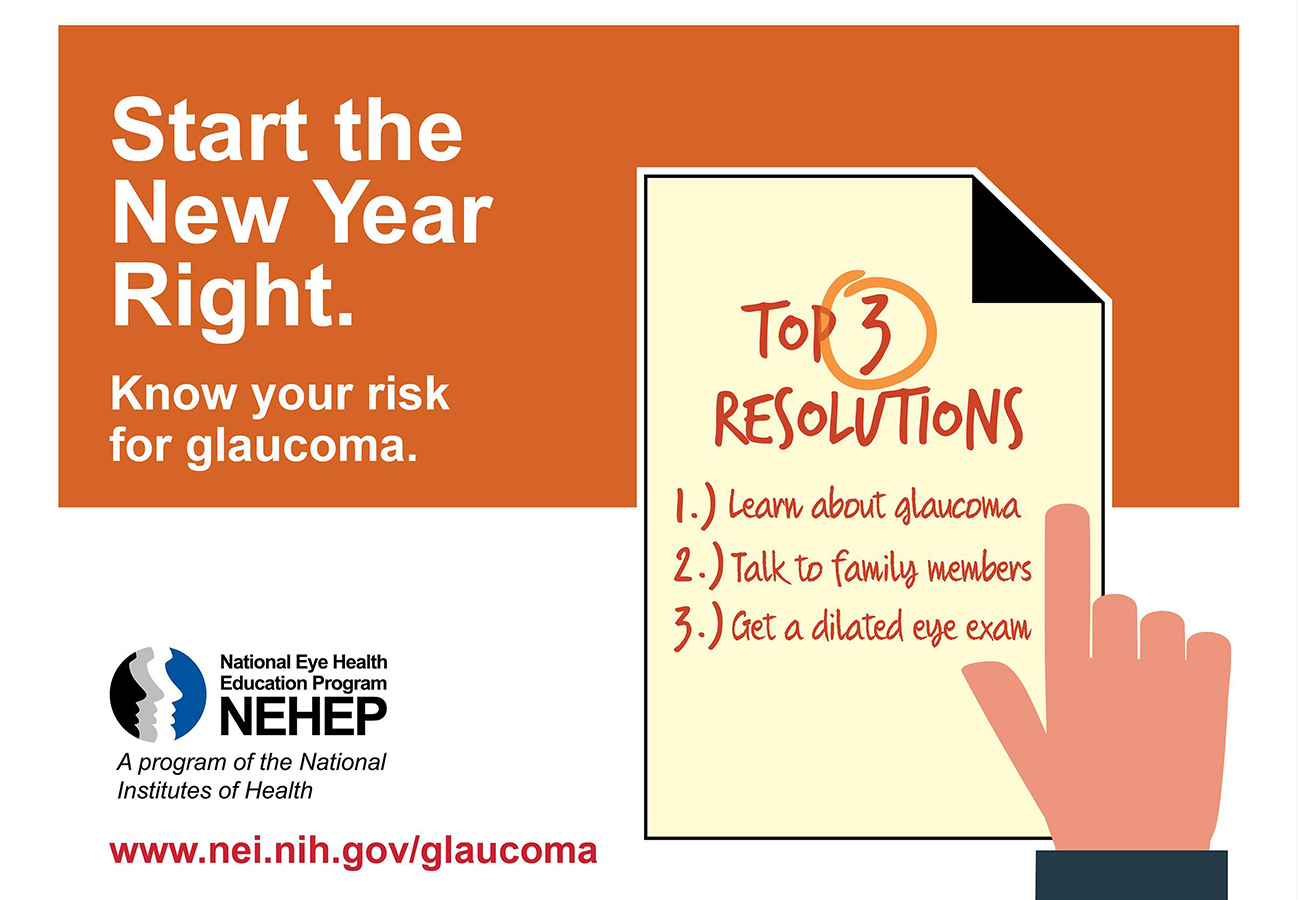January is Glaucoma Awareness Month, an observance that aims to spread awareness about the sight-stealing disease. Glaucoma is a group of eye diseases that can cause vision loss and blindness by damaging the optic nerve in the back of your eye.
Glaucoma affects more than 3 million people in the United States, and it has no early symptoms — which is why half of people with glaucoma don’t know they have it. It remains one of the leading causes of irreversible blindness worldwide. Yet, early detection and treatment can make all the difference in preserving vision and quality of life.
Early glaucoma detection is key
The only way to check for glaucoma is to get a comprehensive dilated eye exam. There’s no cure, but early treatment, such as medicines, laser treatment and surgery, can often stop the damage and prevent further vision loss.
Types of glaucoma are:
- Primary open-angle glaucoma (POAG): The most common form, POAG often has no symptoms, but can cause gradual vision loss.
- Angle-closure glaucoma: A less common but more sudden form, which can cause severe eye pain and vision changes.
- Primary congenital glaucoma: A rare genetic congenital ocular disorder that affects children at birth.
Anyone can get glaucoma, but some people are at higher risk, including people who:
- Are over age 60
- Are Black/African American and over age 40
- Are Hispanic/Latino
- Have a family history of the disease
There are five important things to know about glaucoma
- It can cause vision loss and blindness, which can’t be reversed.
- There are no early symptoms.
- In the United States, half the people who have glaucoma don’t know they do.
- Some people are at a higher risk than others.
- The only way to know if you have the disease is with a dilated eye exam.
It is called “the sneak thief of sight” since there are no symptoms and once vision is lost, it’s permanent. As much as 40% of vision can be lost without a person noticing.
A shared commitment to saving sight
Glaucoma Awareness Month is a chance to educate and inspire action. Whether it’s scheduling your annual eye exam, sharing information with loved ones, or supporting organizations like Eversight that are dedicated to vision care, every step counts.
This month, let’s work together to:
- Raise awareness of the risks and impact of glaucoma
- Encourage proactive eye health
- Highlight the life-changing possibilities of corneal transplantation
The National Eye Institute offers resources such as fact sheets, infographics, and videos and webinars with more information on how to catch glaucoma early and how people with the disease can protect their vision.
Catch glaucoma early—call your eye care provider today to schedule an exam.
Interested in receiving periodic news and updates from Eversight? We invite you to sign up to receive our emails.



